I was 18 years old studying horse breeding at college not really knowing what direction I wanted to go in. I had made a last-minute trip home for the weekend and at the time my mum lived in a static caravan to help with the costs of college fees for me. We were sat in the living area watching TV debating the evening’s entertainment and I saw the advert come up for Elephant Diaries and one darted look to my mum she left it on knowing I’d be made up. Filmed in two locations in Africa Michaela Strachan and Johnathan Scott were following a charity called The David Sheldrick Wildlife Trust that rescued orphaned elephants and rehabilitated them back to the wild, it was safe to the say after the first episode I was hooked. The series was short with only 5 episodes over the period of 5 weeks yet I couldn’t wait to watch more following the stories of Wendi and Emily even showing in the last episode Emily decided to go live wild, it was an incredible documentary and I have followed them since this day.
DSWT
The David Sheldrick Wildlife Trust is one of the most successful orphan rescue and rehabilitation programs in the world, pioneers for conservation for wildlife and habitat protection in East Africa what’s not to love? To date the trust has successfully hand-raised over 150 elephants and effectively reintegrating the orphans back to the wilds of Tsavo National Park.
Nursery Stage
Arriving at the Nairobi nursery, severely traumatised rescued orphans are usually in deep shock and enter a long period of deep grieving that can last for months due to separation from their mother and family through extreme circumstances. The nursery offers the young orphan security and a loving environment that nurtures the orphans during this critical time.
The milk fed to the elephants has been developed over the years through trial and error combined with intensive hands-on husbandry involving both an elephant family and the keepers that stay with the orphans 24 hours a day including sleeping with them during the night helps successfully rear an orphan through the first fragile few months. To avoid a calf becoming too attached to a keeper they work on a rotation with the elephants and handle their orphan with love patience and feed them on demand little and often. The keepers are quite simply incredible human beings.
The orphans must be protected with blankets when cold, wet and sunscreen applied during the first 2 months of their lives
Reintroduction Stage
When the nursery orphans are thriving, beginning to wean and are psychologically and physically stable they are transferred to either Voi or Ithumba Stockades in Tsavo East National Park where ultimately the orphans will live being the only park in Kenya that gives them the space they need. Every day, the elephants spend their days walking with the keepers far into the bush coming into contact with the scent of wild elephants and then they will return to the night stockades where they are protected against predators.
The orphans decide when they want to make the transition to the wild, bulls are more independent and will go on their own whereas the females will remain together as a family and will go in a group. The orphans are never forced, with each elephant introduced gradually through access and exposure to the wild. The “wild” orphans will return to the unit from time to time to visit keepers and will return when in need of help as they know their human family will be there for them.
Poaching
African elephants are still being poached in large numbers despite there being an international ban on trade in Ivory, with the majority of illegal trade occurring in China. Every year tens of thousands of elephants are being poached just for their tusks. The ban was introduced in 1989 by CITES – Convention on International Trade in Endangered Species of Wild Fauna and Flora- due to around 100,00 elephants being poached per year and 80% of herds disappearing from some regions in the 1980s. due to the increasing demands in Asia, recently there has been a new surge in poaching and illegal ivory trafficking that has declined forest elephant numbers and some within the Savannah. Weak law enforcement, corruption and insufficient anti-poaching undermine efforts that are in place to stop poaching and trafficking.
For 15 years, the trust has been involved in funding and operating de-snaring and antipoaching units within Tsavo National Park. There are severe threats to the stability of the environment in the area that includes elephant and rhino poaching and bushmeat snaring. The trust now has eight fulltime anti-poaching units patrolling boundaries of the park on foot and by vehicle. Every month each unit confiscates thousands of snares and arresting many poachers whilst working together with the mobile veterinary unit in locating and treating rising numbers of elephants and other species injured through poaching and snaring.
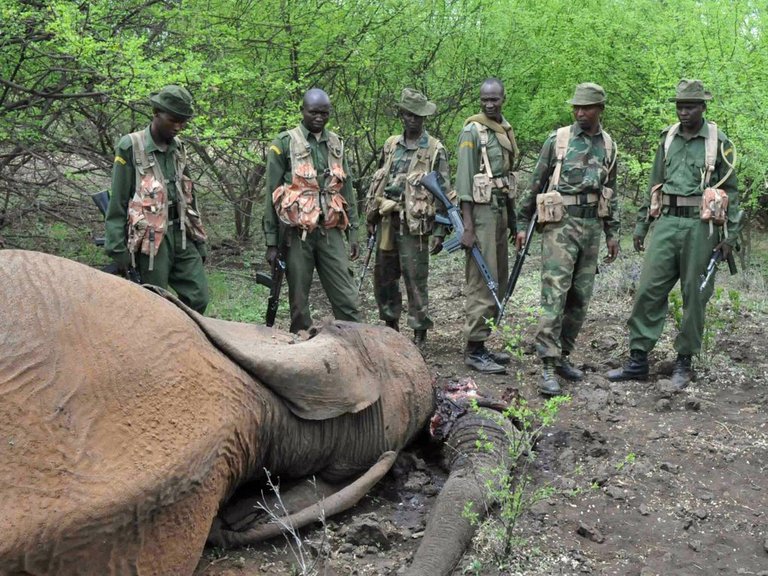
[source](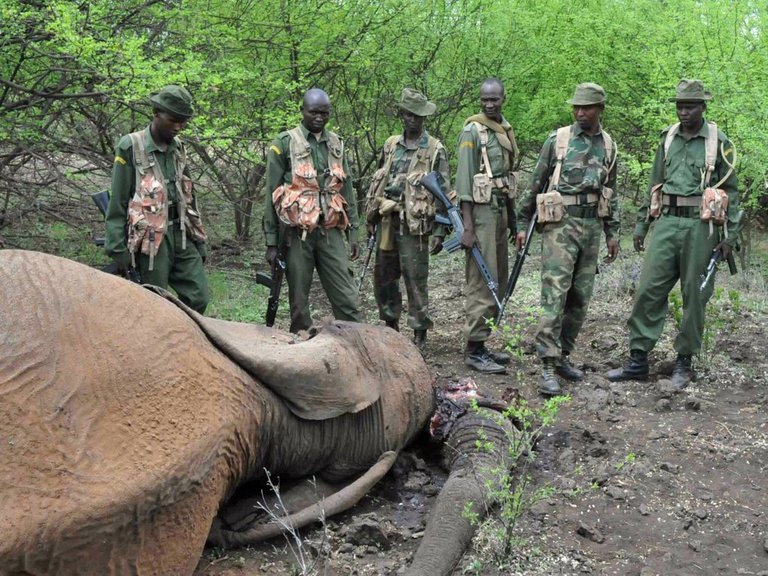
How can you help
Donate donate donate!
Poaching elephants and rhinos for ivory and horn is devastating wild populations with the trust working within the field to protect all animals under threat. By donating you will help hundreds of thousands of wild animals through more anti-poaching units, mobile vet teams, aerial surveillance and the orphan rehabilitation.
Click here to visit the trusts website
Final thoughts
I have loved this charity from the moment I saw this TV series and I have followed it for 12 years donating money, sharing information and hopefully spreading the word even here. There are people out there that do not realise the work that goes on in the field they have rescued rhinos, giraffe, emu and hundreds of other species including the elephant, going through the same rehabilitation process.
Trump and his administration will remove restrictions on importing African Elephant trophies from Zimbabwe and Zambia meaning people will soon be able to hunt endangered elephants with a US Fish and Wildlife Service spokesman stating the “move will allow two African countries to include US sport hunting as part of their management plans for elephants and allow them to put much needed revenue back into conservation”. There are less than 415,000 African elephants left in the wild and are listed as part of the U.S Endangered Species Act that requires the US government to protect this species in other counties. As a zookeeper, I find this to be incredibly painful to understand when as a community we spend every day trying to educate the public on the plight of animals in the wild and what we need to do to help them. Why lift the ban? Why allow for this to happen? Do we want to see a species disappear because someone enjoyed shooting it? People hate zoos but are not prepared to look at the bigger picture and see the fight that we as keepers are fighting every day. Trump and his administration lifting this ban will inevitably have a devastating effect on already decimated elephant populations.
Is there any hope left for one of the world’s most iconic species? Or are we just fighting a losing battle?
Thank you for reading
Please resteem, upvote and follow for more
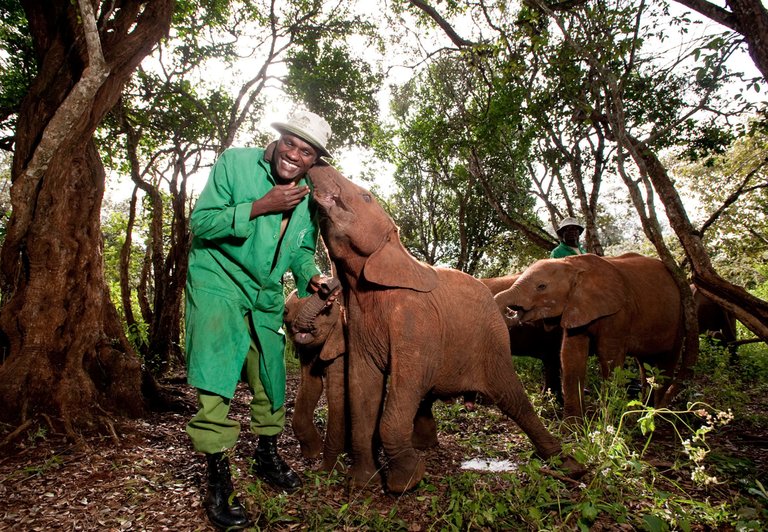
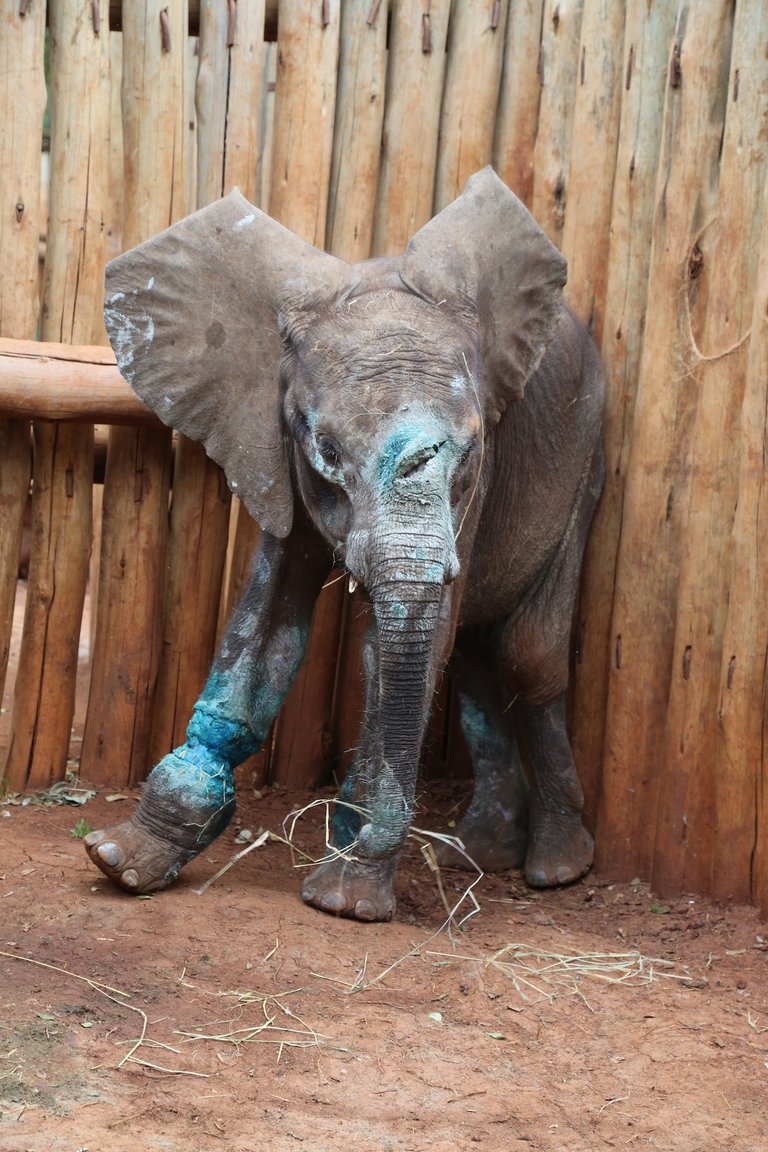
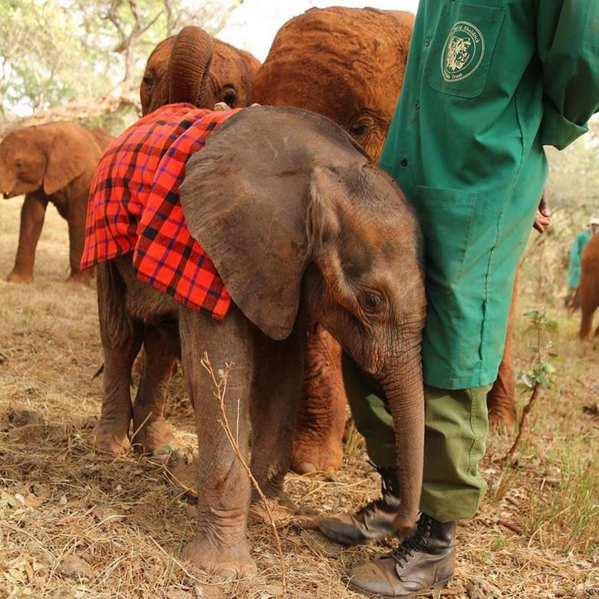
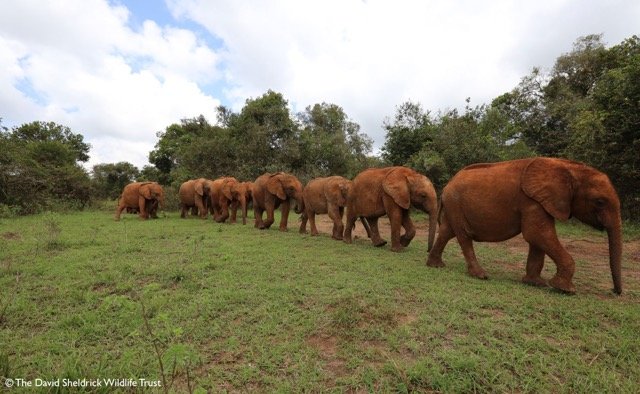
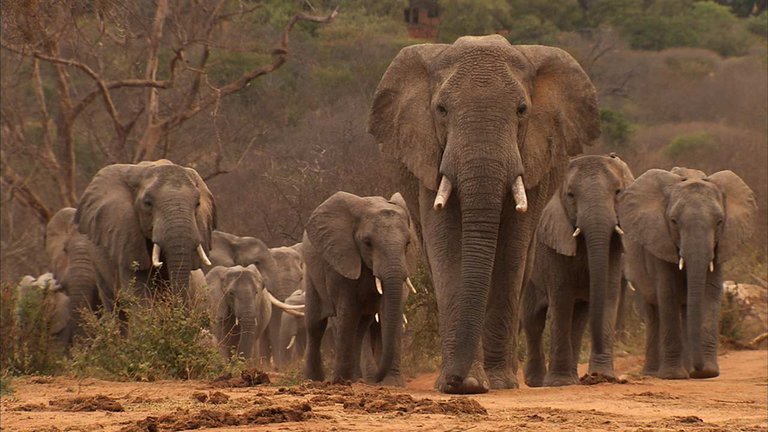
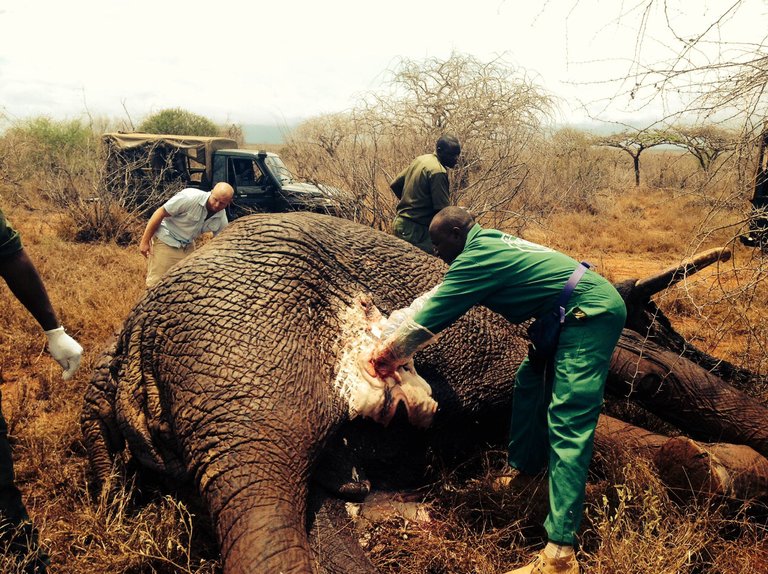
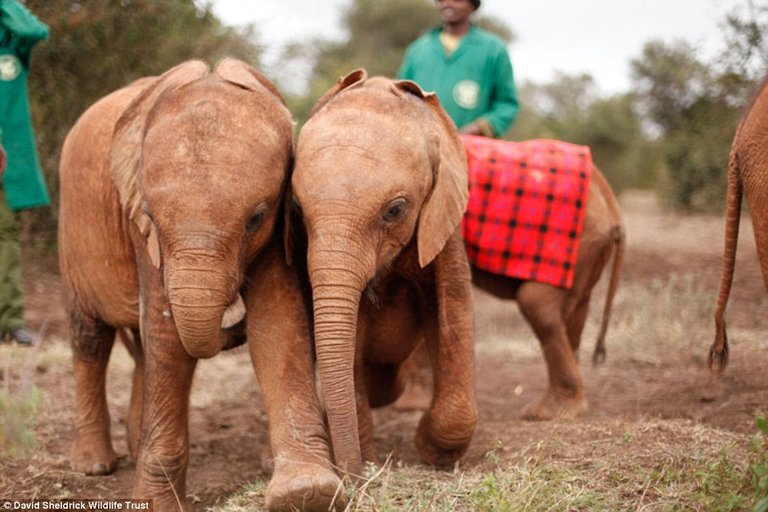
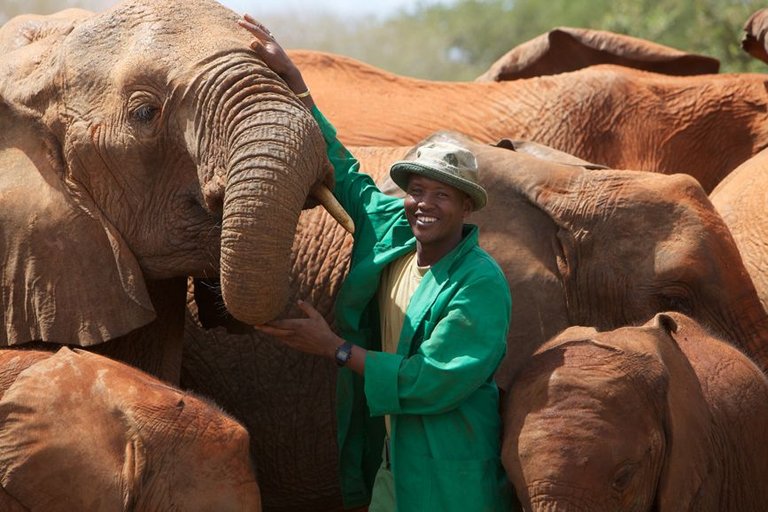
@originalworks
The @OriginalWorks bot has determined this post by @amavi to be original material and upvoted(1.5%) it!
To call @OriginalWorks, simply reply to any post with @originalworks or !originalworks in your message!
Congratulations @amavi, this post is the seventh most rewarded post (based on pending payouts) in the last 12 hours written by a Newbie account holder (accounts that hold between 0.01 and 0.1 Mega Vests). The total number of posts by newbie account holders during this period was 2141 and the total pending payments to posts in this category was $835.15. To see the full list of highest paid posts across all accounts categories, click here.
If you do not wish to receive these messages in future, please reply stop to this comment.
I'm so thankful for sanctuaries, rescue operations, and even zoos that give their time, effort, money, and hearts to protect species from extinction. It hurts my heart to see people destroying such beautiful creatures for sport or for resources.
I'm glad I found another organization to protect the animal and wildlife on Steemit, because I think these topics doesn't discuss there that much. You do a great work!! It seems to me crazy that Trump wants to legalize hunting and remove restrictions on Elephant trophies when China have prohibited legal trade with ivory already. Greetings from @kukang!
Dear Amavi, thanks for this! Good to know they are more people concerned about elephants and conservation here. I am new on steemit but I guess we will have a lot in common here. Thanks for the article and good photos. Best